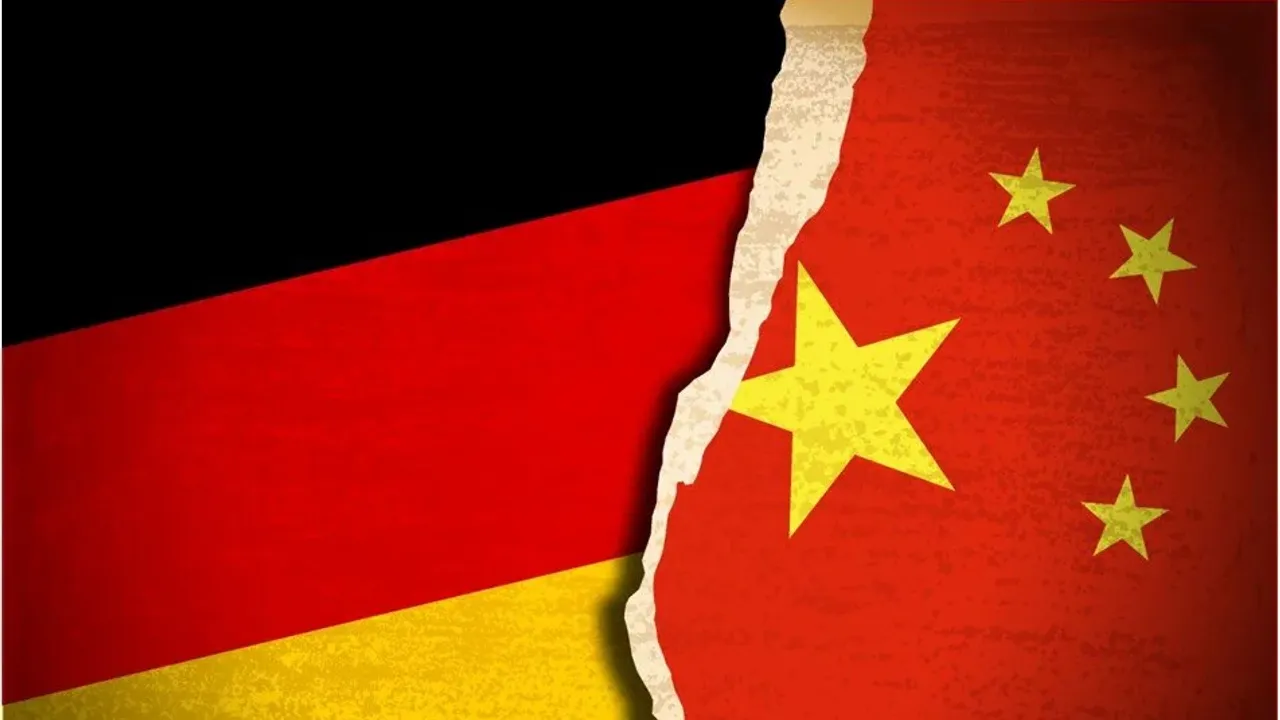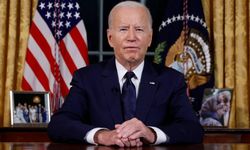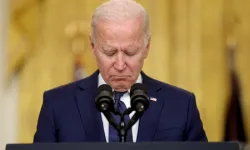China reacted to statements by German Foreign Minister Annalena Baerbock, who called President Xi Jinping a "dictator".
"These comments are utterly absurd and a serious attack on China's political dignity, a clear political provocation," Foreign Ministry spokesperson Mao Ning said.
Baerbock called Cinping a "dictator" in an interview with Fox News on September 14 during a visit to the United States.
Referring to the war in Ukraine, Baerbock said, "If Putin wins this war, what kind of signal does that send to other dictators around the world, like Xi, like the president of China? That is why Ukraine must win this war."
Stating that Beijing was "absolutely not satisfied" with these statements, Mao Ning noted that they conveyed their reactions to the German side through diplomatic channels.
China is Germany's largest trading partner. But Berlin passed a law in July to be less dependent on an "increasingly aggressive" China and to "better protect its strategic interests".
Annalena Baerbock's Green Party prefers a tougher foreign policy than the Social Democrats of Chancellor Olaf Scholz and the Liberals in the coalition.
The German Foreign Minister has previously made harsh statements against China.
In August, Baerbock said that China was challenging "the foundations of how we live together in this world" and earlier, after a trip to China, he said that "Beijing is increasingly becoming a systemic competitor rather than a trading partner".
US President Joe Biden also called Cinping a "dictator" a day after US Secretary of State Antony Blinken concluded his visit to China in June.
"Dictator" tension between Germany and China!
Beijing reacts to German Foreign Minister calling Xi Jinping a 'dictator'.
Trending news

Snoop Dogg to carry the Olympic torch

Lily James Expresses Admiration for Hailey Bieber’s Rhode Skincare Line

Taylor Tomlinson Will Explore Her Faith and Sexuality on Tour!

'Alien mummy' in Peru raises eyebrows

Scandal in the heart of Europe: Child abuse in a church!

Kamala Harris’ Running Mate: Here’s Who Could Be Her VP After Biden Drops Out And Endorses Her







